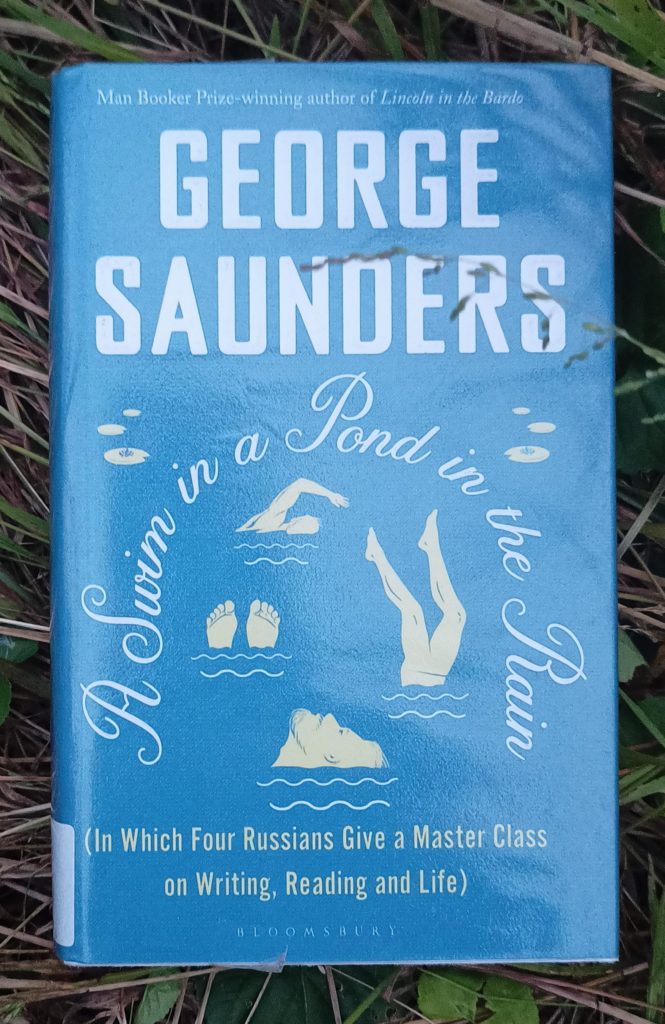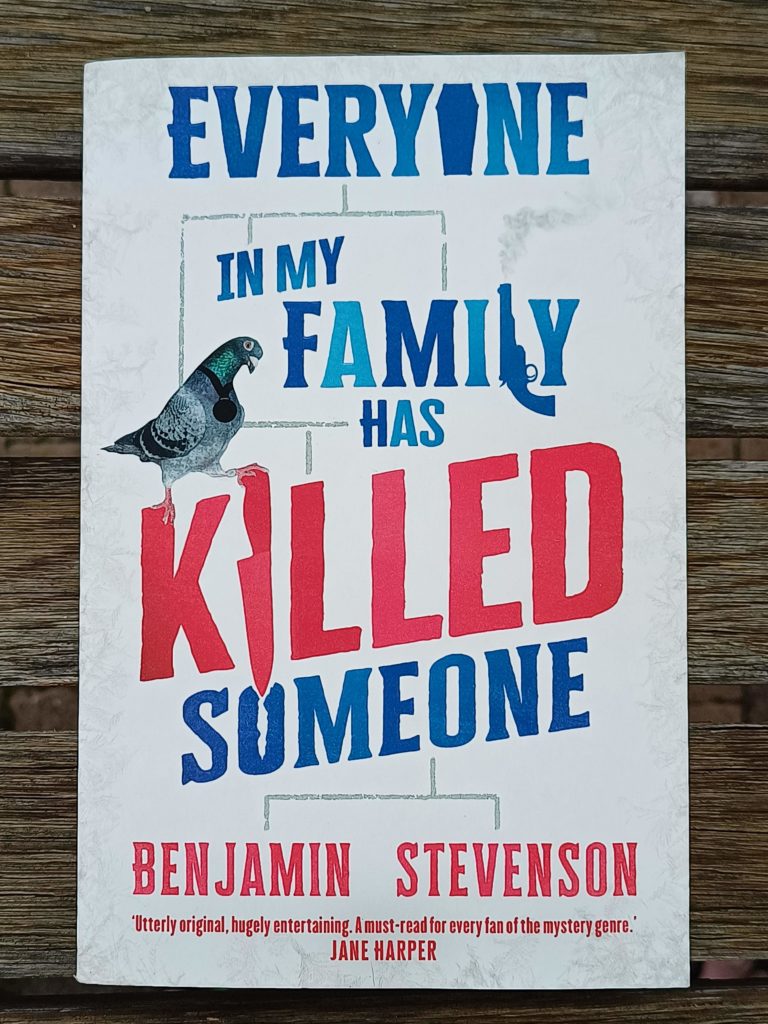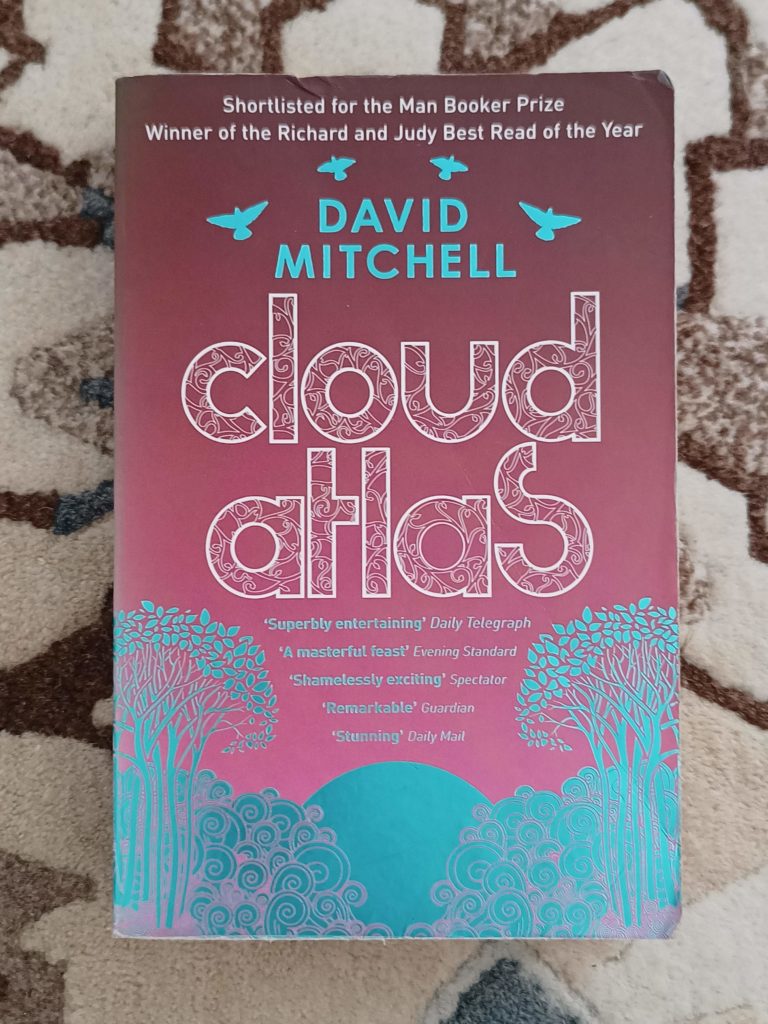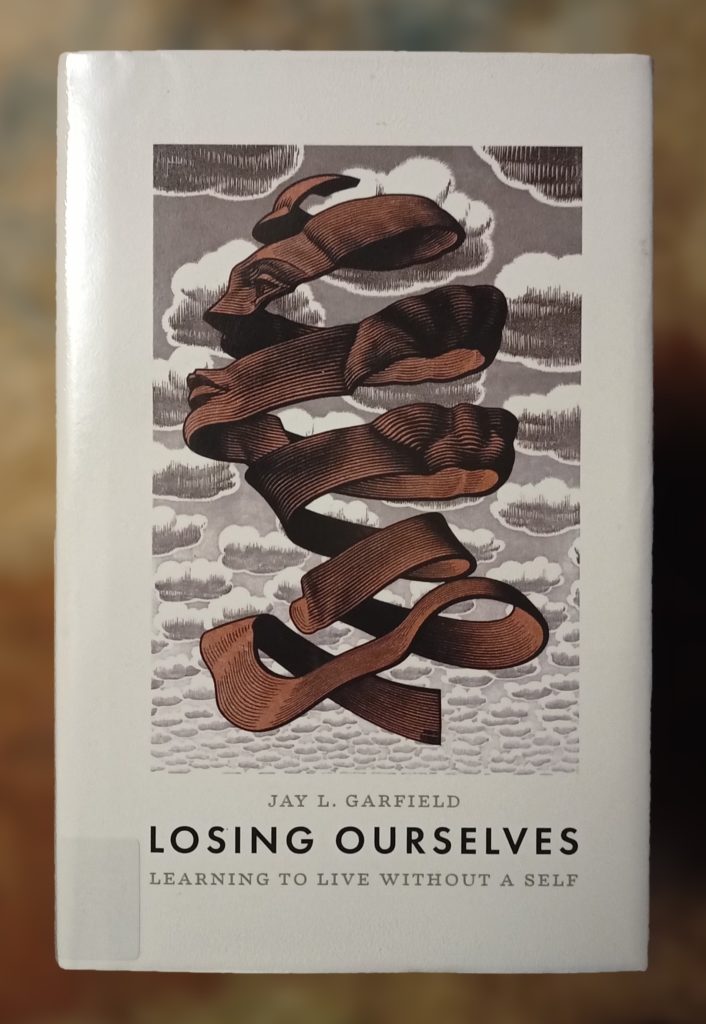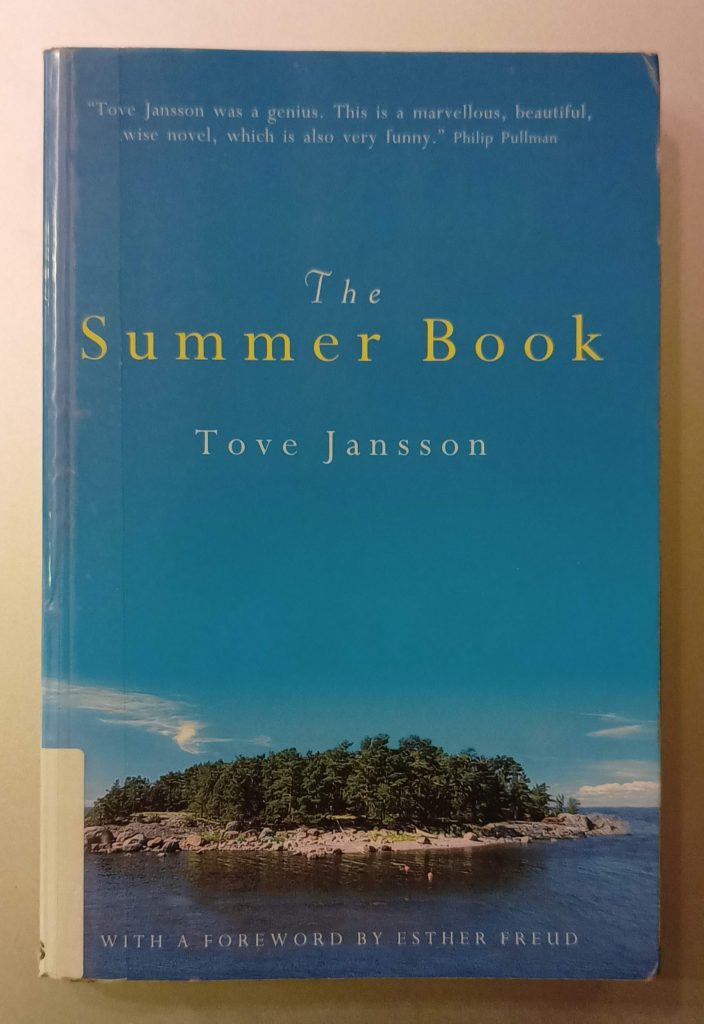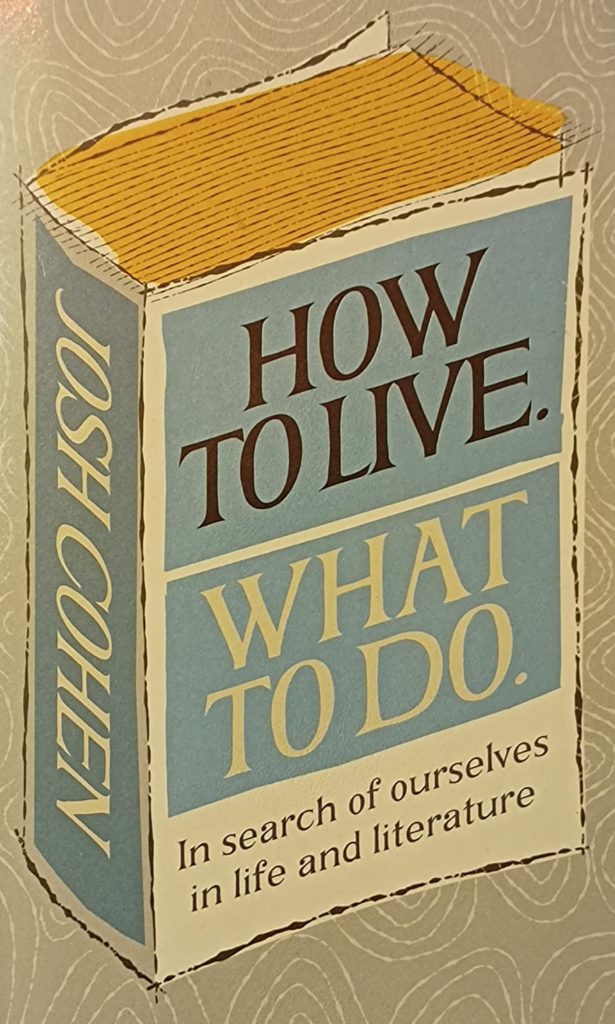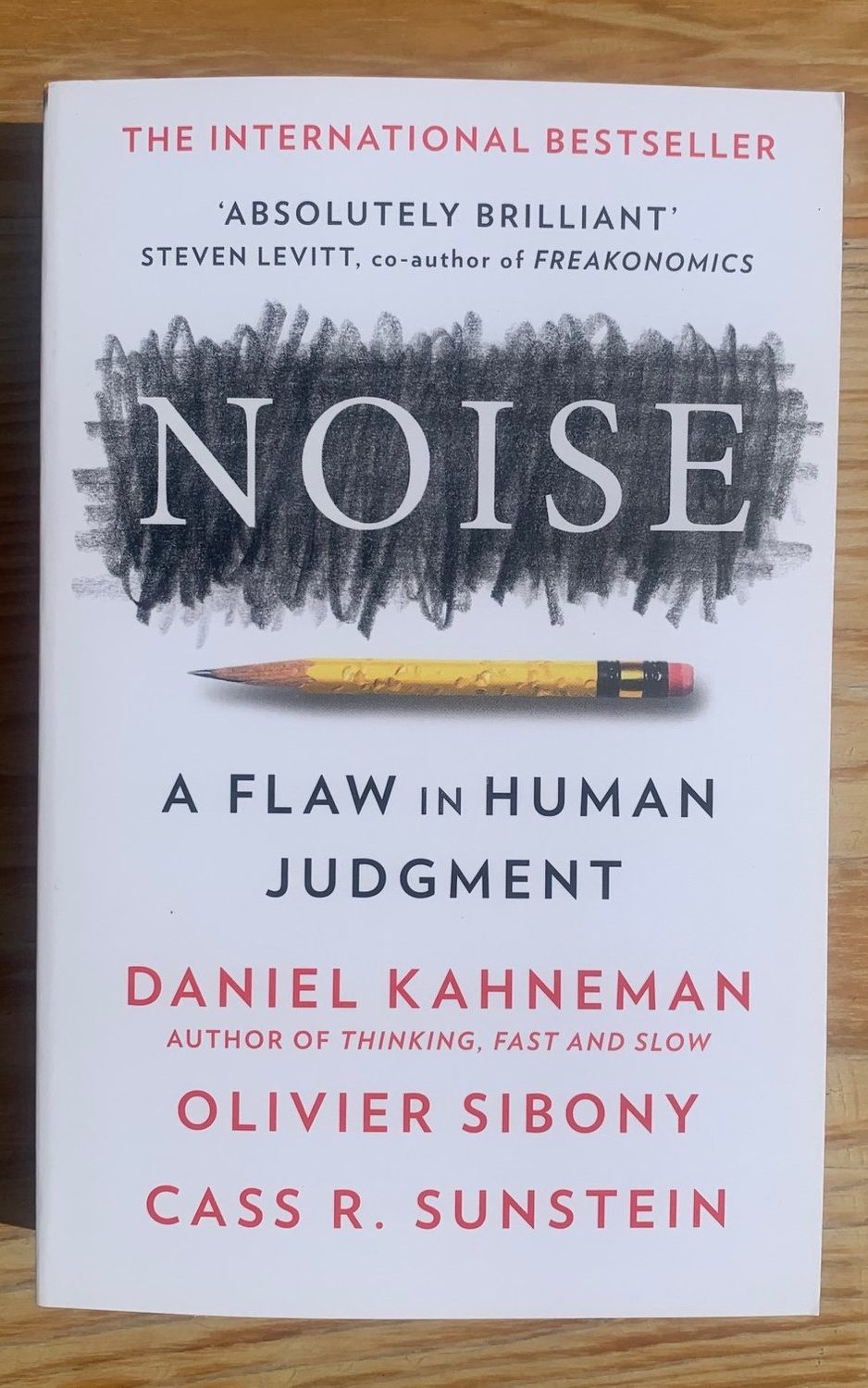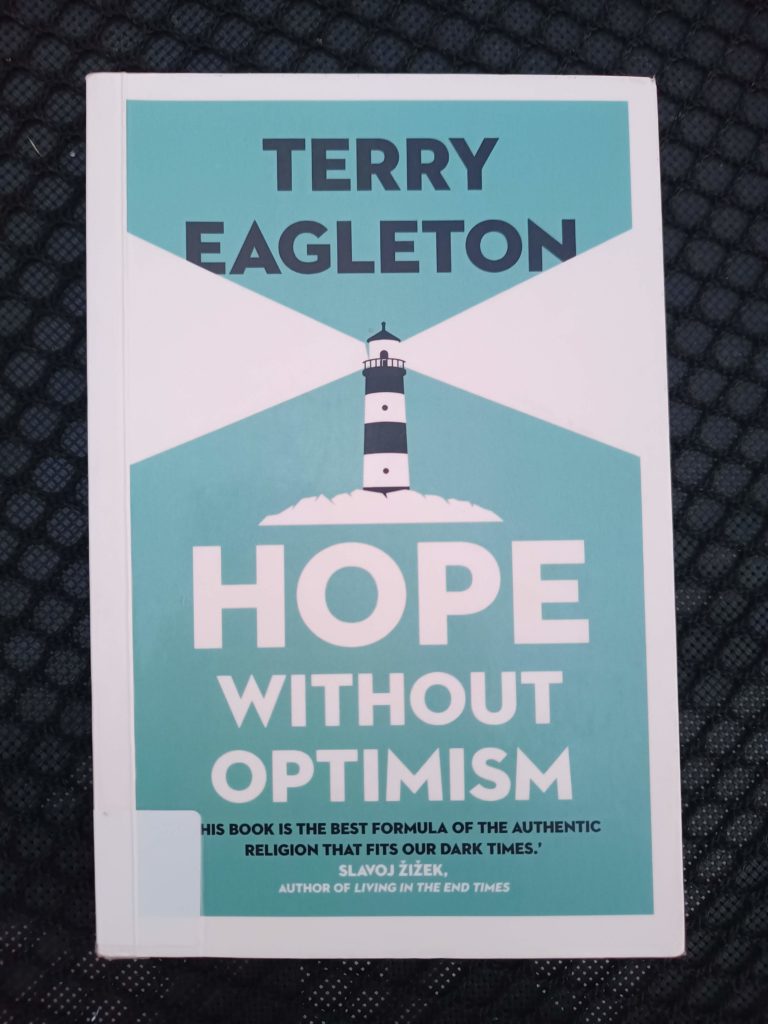
This is a collection of writings about hope, not really addressing optimism much other than to disparage it. I was hoping (without optimism) that it would be a bit more technical in nature, but instead it is quite discursive and pulls in references to pretty much everything you could think of and lots you couldn’t. Eagleton is vastly more well-read than I will ever be and I couldn’t really say he wears his learning lightly. Still, I enjoyed reading the book, getting lost in a few rabbit holes while looking up some of his offhand references. There is a lot in it.
Continue reading